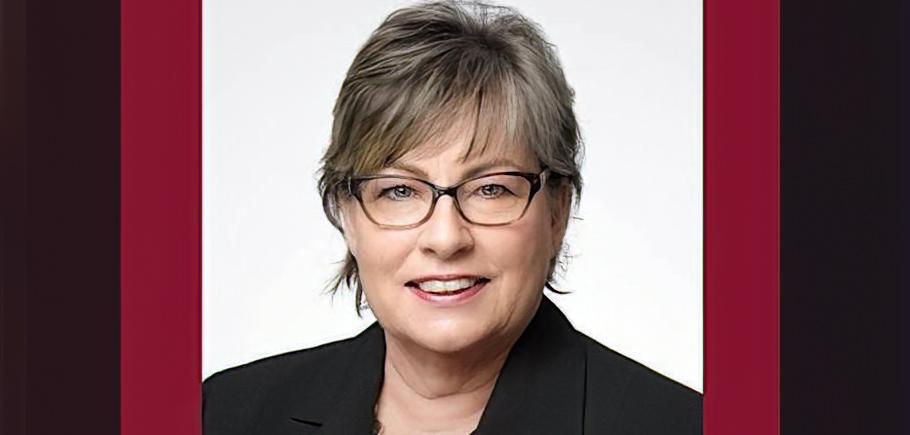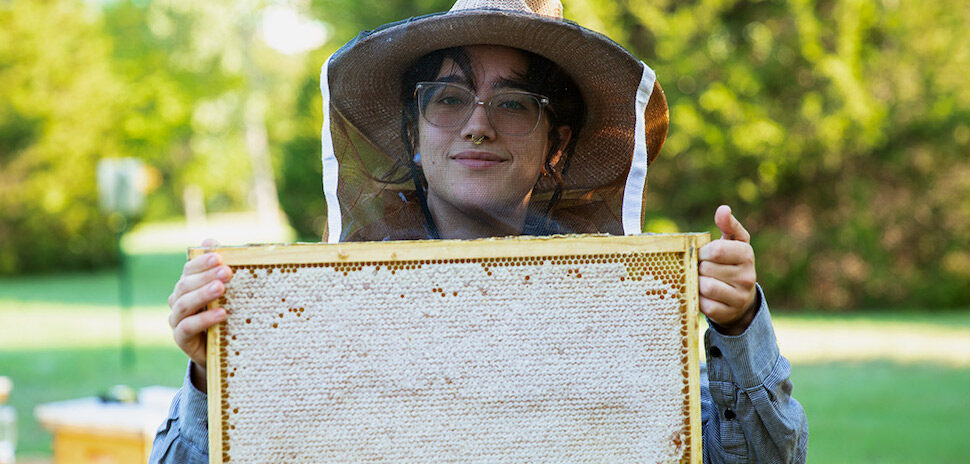The Opportunity 2040 Plan from Dallas-based nonprofits Commit Partnership and Child Poverty Action Lab has raised $120 million in partnership with New York-based Blue Meridian Partners. The initiative’s goal: to cut by half the number of children living in poverty in Dallas County while doubling the number of young adults attaining a living wage by 2040.
“To arrive here, we collaborated with trusted partners and developed a long-term roadmap of reinforcing interventions that will benefit our entire Dallas County community,” John McPherson, president of the Opportunity 2040 Fund, said in a statement. “While we know that this work will take more than a decade to be fully realized, this significant investment will help sustain our collective focus on strong schools and strong communities and enable us to continually adjust based on data and experience.”
From Dallas County to San Antonio to Spartanburg, South Carolina
The Dallas fundraising effort is one of three fundraising partnerships with Blue Meridian and local and regional funders that have raised a total of $335 million. The other cities impacted were San Antonio and Spartanburg, South Carolina.
The Commit Partnership and the Child Poverty Action Lab, each data-centered and results-oriented civic infrastructure organizations, have collaborated to establish the Opportunity 2040 community investment plan and supporting Phase 1 Fund, Blue Meridian said. The collaboration is rooted in sustained, reinforcing investment in both stronger schools and stronger communities, and aims to meaningfully advance economic mobility in Dallas County over the course of a single generation.
Central to the Opportunity 2040 plan are the use of robust data insights, human-centered design principles, community engagement, systems-level thinking, and targeted, sustained philanthropic interventions to improve the impact of public programs and funding, particularly for the region’s most disadvantaged neighborhoods and students.
Improving economic mobility by focusing on ‘cradle to career’
According to Blue Meridian, where you are born and raised too often determines your future social and economic success in this country. It said that historic inequities across communities continue to limit upward mobility for too many young people and families.
Blue Meridian said that the collective fundraising efforts and new commitments serve as an indicator of the power and potential of the growing field of place-based partnerships—a community-led, outcome-driven model focused on breaking cycles of poverty.
‘Pace setters’ in a national movement
Blue Meridian said that local leaders in Dallas, Spartanburg, and San Antonio are pace setters in a national movement and act as community agents of change, applying a rigorous methodology to leading place-based partnerships.
Each community developed multiyear plans for how they will begin to improve critical economic and social mobility outcomes, from “cradle to career,” working at the regional and neighborhood levels, Blue Meridian said.
The organization said that local leaders leveraged dozens of partners in plan design and galvanized local funders to support their visions. Together, these place-based partnerships are expected to unlock billions in additional public and private funding within the next decade, Blue Meridian said.
In Spartanburg County, South Carolina, Movement 2030, led by Spartanburg Academic Movement, raised $100 million, Blue Meridian said. The initiative will ensure by 2030 that 65% of the county’s children enter school ready for success, up from 48%; and increase the percentage of high schoolers who enroll in postsecondary education from 59% to 70%.
In San Antonio, the Future Ready Bexar County Plan, anchored by UP Partnership, raised $114 million to support plan implementation. Its plan seeks to increase the percentage of Bexar County high school graduates enrolling in a postsecondary degree or credential program from 50% to 70% by 2030, and to scale three pillars for success – Healing, Access, and Voice – for and with young people.
Blue Meridian Partners, a national collaboration of results-oriented philanthropists, committed $150 million divided equally among the three communities as part of its Place Matters portfolio, of which Ballmer Group is an anchor funder.
Unlocking the potential of place-based partnerships
Blue Meridian said that funding from Place Matters catalyzed additional local funding tied to each community’s unique multiyear plan, bringing the total to nearly $335 million.
The organization said the portfolio hopes to address previous barriers to sustainable, systemic change at the community level, including local organizations’ limited access to adequate and aligned funding as well as to supportive tools and resources like planning, data analysis and use, policy development, talent, and technology.
“This Place Matters investment reflects Blue Meridian’s belief that place-based partnerships have the potential to significantly improve outcomes for young people and families,” Jim Shelton, president and chief investment and impact officer at Blue Meridian Partners, said in a statement. “We are excited about the shared vision held by leaders in each community and how they leveraged our capital to galvanize the resources they need to thrive.”
Along with initial planning support from Blue Meridian, all three place-based partnerships are members of the StriveTogether Cradle to Career Network, providing a rigorous approach to developing the capacities and resources essential for improving outcomes.
“We continue to be inspired by the potential that place-based partnerships can unlock for communities across the country,” Terri Ludwig, president of philanthropy at Ballmer Group, said in a statement. “As more and more communities adopt the place-based partnership methodology, they transform their challenges through collaboration and with community leaders at the center. We are deeply supportive of this methodology and believe it can truly be an important lever for change.”
In addition to providing capital to nearly 20 place-based partnerships focused on improving life outcomes, Blue Meridian said it is investing in the capacity of leading national organizations such as the William Julius Wilson Institute and StriveTogether to help place-based partnerships succeed.
“The geography of your birthplace should not dictate your destiny,” Geoffrey Canada, founder of William Julius Wilson Institute and president of Harlem Children’s Zone. “Investments such as in these three communities will begin improving social and economic mobility outcomes, but we know this is just the start. Only when we can match the resources to the scale of the problems will we see real, lasting change for our young people and families in communities across the country.”
![]()
Get on the list.
Dallas Innovates, every day.
Sign up to keep your eye on what’s new and next in Dallas-Fort Worth, every day.


































































